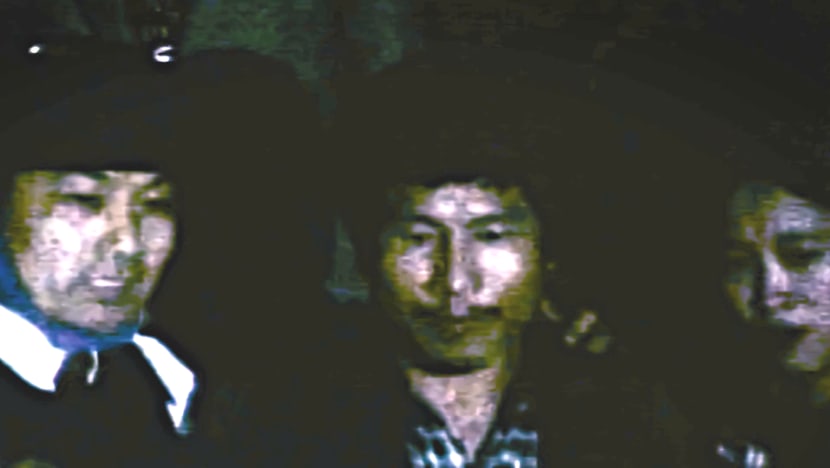Inside the sensational 1997 hostage crisis that rocked Taiwan
When the island’s most wanted criminal held a family hostage, the negotiations became fraught with chaos, and the situation threatened to spiral out of control, as first-hand accounts reveal.
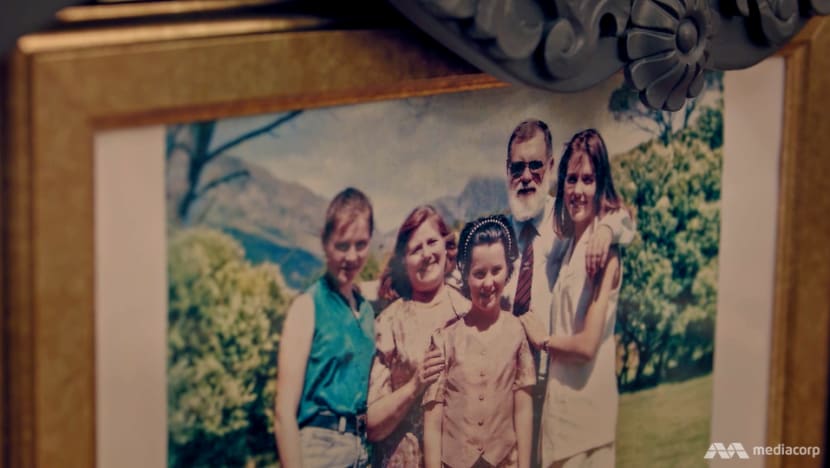
The hostages were a South African diplomat and his family.
TAIPEI: Two weeks after a girl was kidnapped on her way to school, her body was found in a ditch. She was 16, and had been mutilated.
It was one of Taiwan’s most infamous criminal cases. But it was only the start of a crime spree that terrorised the island and ended with its first international hostage situation, attracting global attention.
The three men wanted for the murder of Pai Hsiao-yen, the daughter of a celebrity, went on to commit about 20 sexual assaults and another kidnapping, that of a businessman.
Two of the gang were eventually killed, but Taiwan’s most wanted criminal — Chen Chin-hsing, who also murdered a surgeon and his family — remained elusive for seven months.
“Parents would insist on picking up their children from school. Girls didn’t dare to go out at night,” recalls journalist Sol Yang. “When children played the ghost-catching game, the ghost was called Chen Chin-hsing.”
This was the man who suddenly appeared, armed with guns, in the house of a diplomat’s family one evening.
“We all knew that there was this desperado on the run,” says McGill Alexander, who was then South Africa’s military attache in Taipei. “But one doesn't think that something like that's going to affect you.”
It did. On Nov 18, 1997, his family of five were taken hostage by Chen, in a crisis where many things went wrong. “It was total chaos,” admits Hou You-yi, who was the police commander in charge of the case.
WATCH: Held hostage by Taiwan’s most wanted serial killer (7:26)
The series The Negotiators pieces together what he and the family had to navigate through as tensions escalated and nerves unravelled — one of four life-and-death situations told in four episodes. (Watch this episode here.)
AT GUNPOINT
On the night in question, McGill had just come home and was chatting with his family upstairs, waiting for their 12-year-old, Christine, to finish practising on the piano downstairs. Bouncing on his knee was seven-month-old Zachary. It was after 7pm.
“Suddenly, Christine’s piano playing stopped,” he recounts. “She came up the stairs. That was when I realised something was really wrong, because she wasn’t alone.”
There was a man holding her at gunpoint. And she had a look of “total terror”. “She turned her eyes towards me without moving her head, and she said, ‘Dad, he’s one of them’”
Photos of Chen’s gang had been posted at “virtually every street corner”. And the chilling truth dawned on the family.
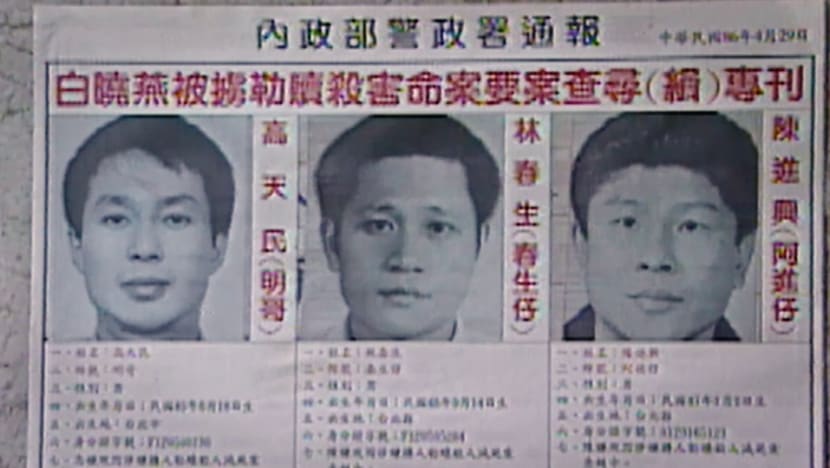
“I knew then who he was,” recounts Anne, McGill’s wife. “It felt like a movie. It didn’t seem real to me at the time.”
Her husband feared for their family, who included 22-year-old daughter Melanie, as Chen was “known to go for young women”.
“I’d no idea at that stage what his demands were — why he was doing this to us,” says the now 72-year-old. “But I did know that we were now dealing with the very worst kind of criminal possible.
“This man is not the man to try and persuade to be nice to you … I said to the family, ‘Whatever this man says, you must do. Do it. Don’t argue with him. Don’t hesitate.’”
McGill was a trained paratrooper. He had undergone special forces training. He knew how to disarm a man and kill him.
“But it’s a slightly different situation when your daughter’s standing in front of you, and he’s got a pistol against her head,” he admits.
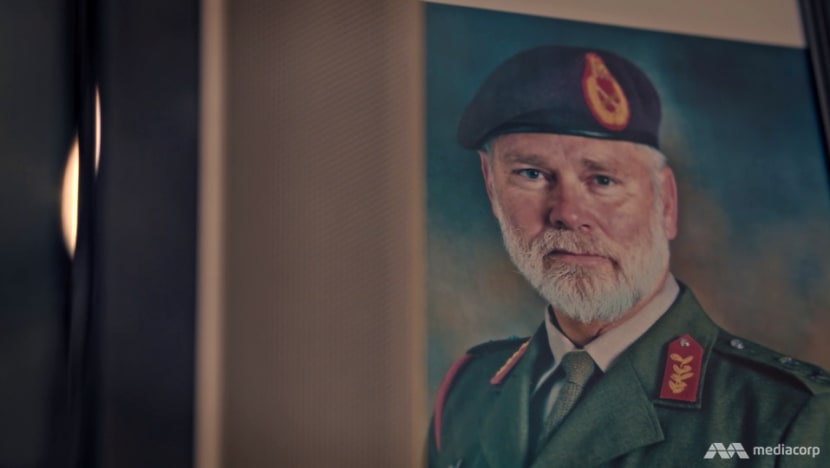
So when Chen wanted to tie him up, the military officer had to decide, in “those few seconds”, what to do.
“I'd be sacrificing my daughter's life in order to kill this man,” he says. “So I made the decision very quickly, turned my back on him, put my wrists together behind my back and felt him clip on the handcuffs.
“I could no longer do anything for my family … That was probably the worst feeling of helplessness that I’d ever felt.”
They all had their hands and ankles tied, except Anne. “He tied my feet up. He came to tie my hands, and I had Zachary, and I said to him, ‘You can’t. I’m holding the child,’” she recounts.
Chen did not react well, but she persisted. “I asked him if he had children. I’d just learnt enough Mandarin to ask him, and he said two.”
He looked at her. Then he let her be.
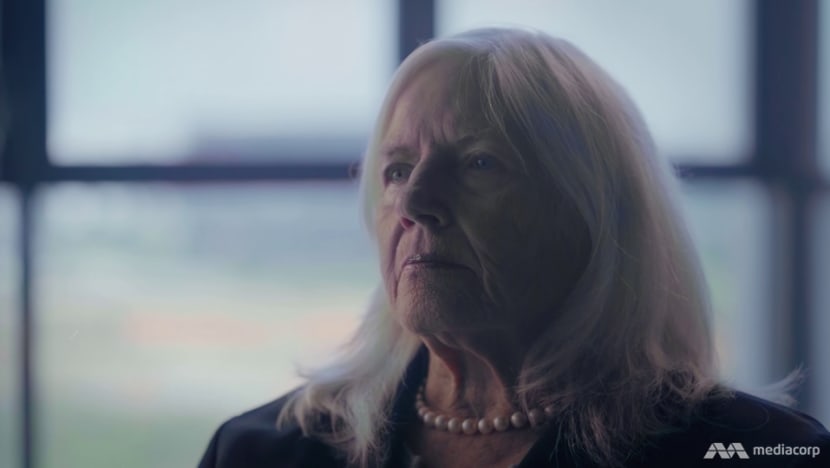
UNDER FIRE
At this point, Chen called the media and the police to make his first demand: International media coverage. He had kidnapped a diplomat for a reason.
“He started yelling at the people on the phone, ‘If you don’t come around here and listen to what I’ve got to say, I’m going to kill these people,’” remembers McGill.
At about 8pm, the police arrived to find a darkened house. No one outside could see what was going on inside. When they rang the doorbell, Chen shouted at them to stay away. And both sides got heated “very quickly”.
“Because the police began to taunt him … to try and get him to show himself so that they could shoot him,” explains McGill.
At the time, the Taiwanese police had a bounty system for the capture of criminals on the run. None was more notorious than Chen, and he had “hundreds of rounds of ammunition”. The Alexanders were sitting on a powder keg.
“The next minute, one of the police fired a shot,” recalls McGill. “And the moment he fired back, they just fired indiscriminately, through every window, every door in the house.
“Pictures on the walls were shattered. Glass and plates on shelves were knocked off. Stacks of CDs were shot through and scattered everywhere.”
Chen grabbed Melanie, the eldest child, and held her in front of him. Her father started yelling at the police to stop shooting. They didn’t.
When the barrage died down, he asked Chen to use him as a shield instead of his daughter. He was rebuffed.
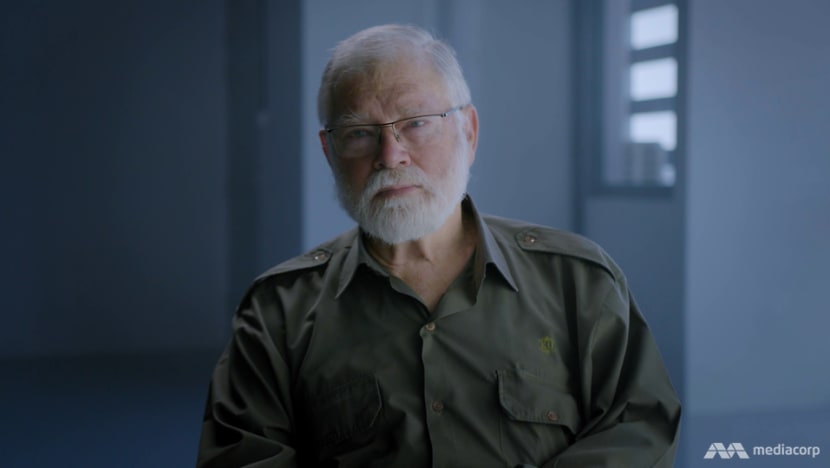
“From the negotiation training I underwent in the military, I realised that I needed to keep this man calm … (and) understand that we weren’t here to threaten him, because that was going to heighten his sense of insecurity,” he says.
“So I spoke to him and said … I was a much bigger person. So if he had me in front of him, he had a greater chance of survival. And he looked at me for a long time.”
It worked, as Chen thrust Melanie aside. Although her father was now in harm’s way, to his mind he said it was “one small victory over the man and his control over me”.
BIG BROTHER AND AH CHIN
One and a half hours into the Alexanders’ ordeal, the police had a command centre set up in a building facing their house. And when Hou arrived, he called the house number.
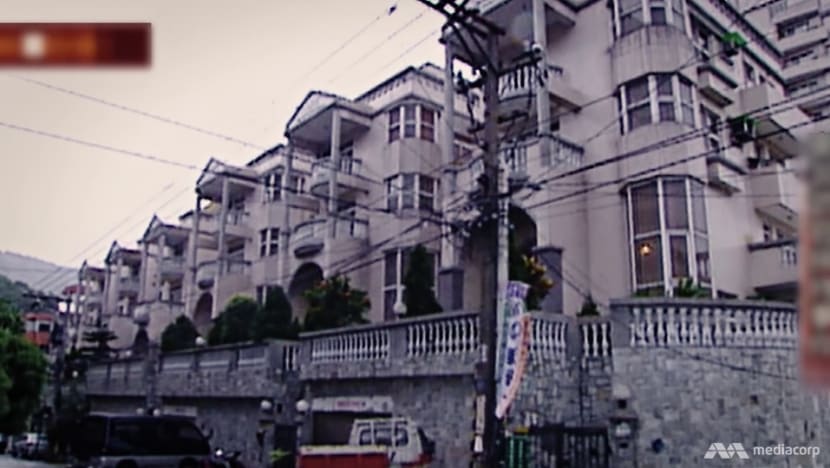
But he did not tell Chen that he was the chief of Taipei’s Criminal Investigation Division. “During a negotiation, both parties should remain equal. If I’d identified myself … I’d have distanced myself from the criminal,” he explains.
He was “Big Brother Hou” instead, and he addressed Chen by his triad name: Ah Chin. And he found out what the man’s intentions were.
Chen’s wife, Chang Su-chen, had been charged as an accomplice in the murder of Pai and was facing up to 12 years in prison. Her brother had also been arrested.
“He said (they) were innocent and that they’d been falsely accused,” recounts Hou. “He said, ‘I want justice, otherwise I’ll kill all these hostages.’
“It’s difficult to negotiate without mutual trust, (so) I told him, ‘Let’s both stop shooting.’ He agreed to stop if I could help him with his problem.”
That first round of negotiations went “smoothly”, so the policeman was “very confident” that the next time they spoke, the hostages would be released. “But when I tried calling him again, the call wouldn’t go through.”
Reporters had a directory containing contact numbers from the various embassies, and they were calling the house to interview Chen. “As a result, our phone just never stopped ringing,” recounts McGill.
It showed how little they cared about the hostages’ safety, remarks Yang.
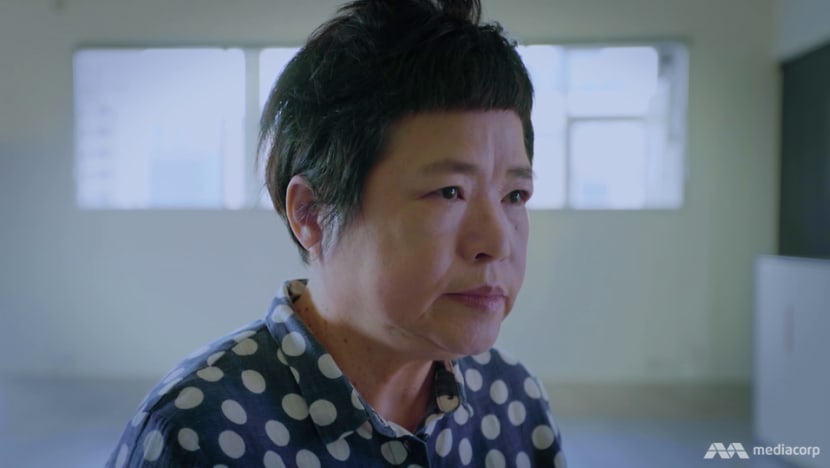
“The Taiwanese media just wanted to get the scoop at any cost,” she says. “The police indulged the media by allowing them to speak directly to Chen, turning the whole thing into a reality show.”
Hou was “anxiously” waiting to continue negotiations. At one point, he came out of the command centre, and Yang heard him shout, “Ah Chin, are you done talking?”
“It was unbelievable. I don’t think a hostage negotiation like this would’ve happened anywhere else in the world,” she adds.
The scene outside was chaotic. Besides cameramen and reporters, there were Foreign Ministry representatives, the police chief, the Prosecutor-General and even various ministers.
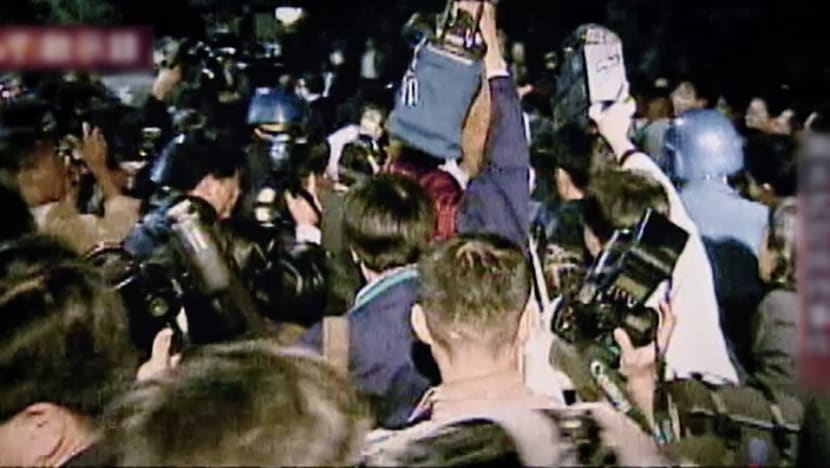
“Different special task forces, including the Special Police Corps, were also present,” says Hou. “Everyone wanted to do things their own way. With so many involved, it added to the chaos.”
He did not know that, at around 10pm, one of the other teams had entered the house. But they ran into the barricades Chen had put up earlier. Suddenly, there were gunshots again.
CASUALTIES
McGill does not even remember whether the police had returned fire. All he knew was that Chen’s first bullet went through his left knee. “I just felt as if my knee was suddenly exploding,” he relates.
He screamed in pain. And when his wife went to him, “there was blood all over the floor already”. “I took his tie off, and I forced it around his knee, to stop the bleeding,” she said.
Then they heard Melanie scream too. She had been shot in the back.
“More than 100 shots had been fired,” says Hou, who also heard the agonised screams from where he was standing, outside the house.
He shouted at Chen to listen to him. But the man cursed back. “He said, ‘You can’t be trusted. These two people are going to die anyway. I might as well just kill them,’” recounts the now 62-year-old.
“I replied immediately, ‘If you kill them, there’ll be no more room for negotiation. We’ll just go in and kill you.’”
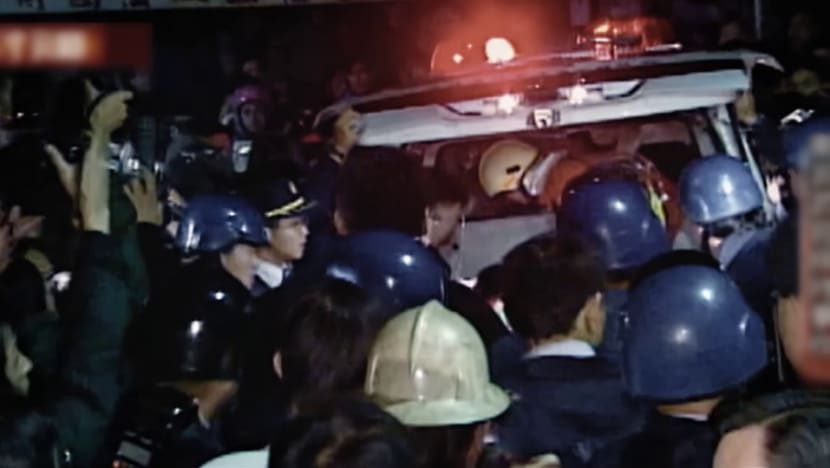
Chen asked for a medical team but was told that no doctor or nurse would dare enter. So he “turned hostile” and told Hou to come in himself, since the policeman had broken his promise.
“If I didn’t go in, I estimated that the injured hostages would die from excessive bleeding within half an hour. If I went in under such heightened circumstances, I needed to bear all the risks,” he says.
He did not consult anyone, and jumped through one of the shattered windows. When he went upstairs, he saw Chen holding two guns. “His eyes were bloodshot. And he was pacing back and forth like a crazed animal.”
The armed abductor searched Hou for weapons. When he realised his negotiator was unarmed, he agreed to release the injured hostages.
Once outside, McGill saw that the street was “jam-packed with literally hundreds of people”. It was a “total circus”.
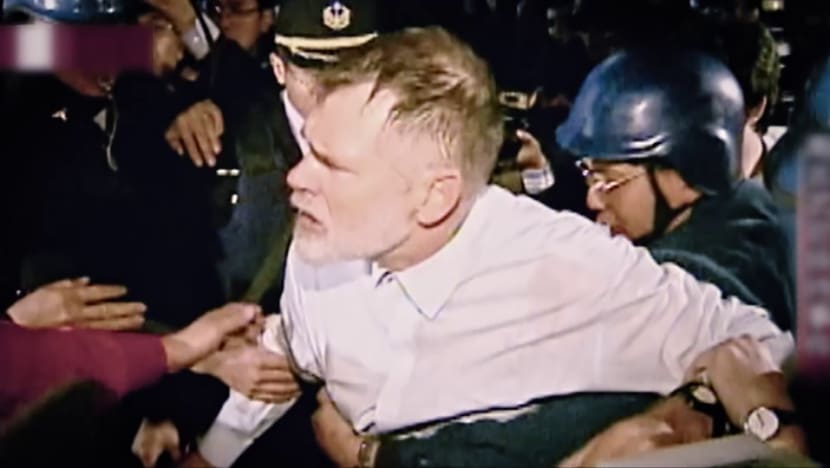
There was no police perimeter, Yang points out. “The reporters and television crews immediately descended upon the victims without caring that they were injured and bleeding,” she recounts.
Back inside, Hou told Chen “the baby was useless to him” and thus should be released too. This made him “unhappy”, but he made a counter-offer. “If I wanted the baby, we’d need to get his wife,” narrates Hou.
“So I said, ‘Very well. Since we agreed on only two hostages, I’ll settle for the two.’ I didn’t ask him for anything else, and went to work on his request.”
It was 12.35am.
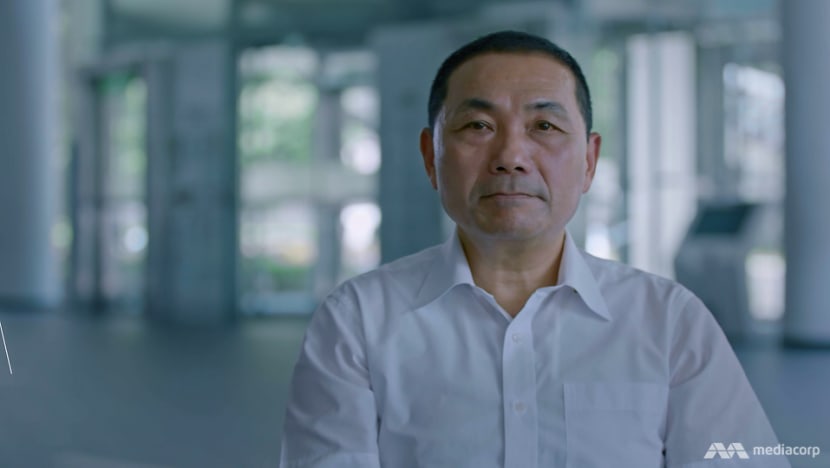
ENTER THE LAWYER
Three times during the night, Chen put a pistol under his chin.
“I just shook my head. And I said to him in Mandarin, the little bit I knew, (that) he’s got a wife and two children who love him — don’t do it. And he just looked at me,” recalls Anne.
The hostage hour had entered its 15th hour when the police informed Chen that his wife was outside. At 10.40am, she was brought into the house.
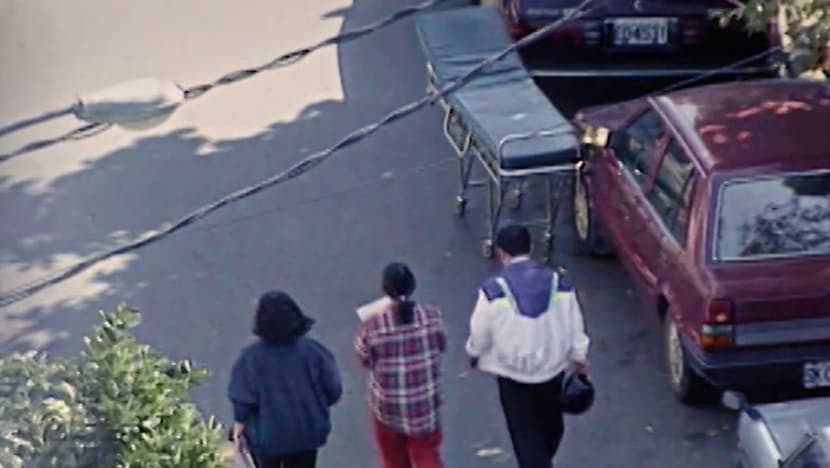
“Chen and I had established trust. He felt that I was on his side, and that I was there to solve his problems,” says Hou. “So I was able to save the baby.”
Yang knows why the footage of him carrying the infant down the road was so cathartic.
“The Pai Hsiao-yen case had escalated into an international case. And because the issue had not been solved for over half a year, it had caused chaos and panic in society,” she says.
“The image of a policeman with the rescued baby gave us a great sense of relief and salvation.”
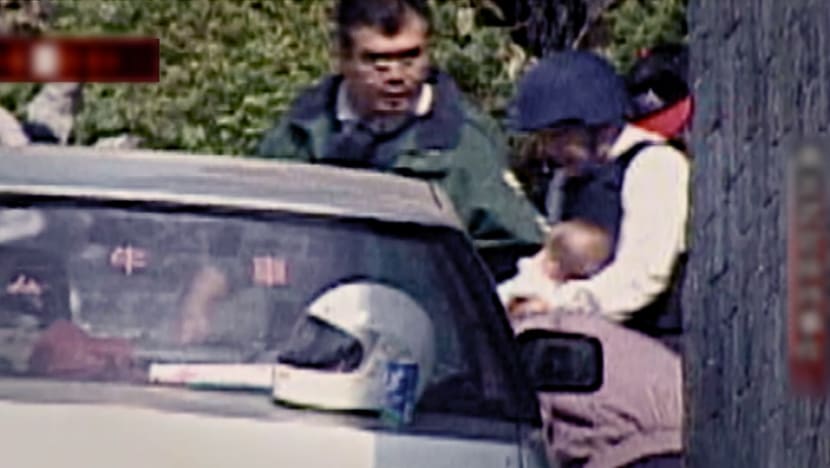
There were two hostages left. But Chen had another demand: A defence lawyer for his wife. And the very one whom he had written to while on the run — a known human rights lawyer — had seen the news of the hostage drama.
“When speaking to reporters, Chen told them that he had written me a letter. I was shocked because I had no idea,” says Frank Hsieh, now retired. He called his secretary to find it.
“After reading the letter, I regretted that I hadn’t seen it sooner. I felt it was my responsibility. Since he’d trusted me, I thought I should help solve his problem.”
He went to the scene. And at 2.50pm, he was escorted into the house.
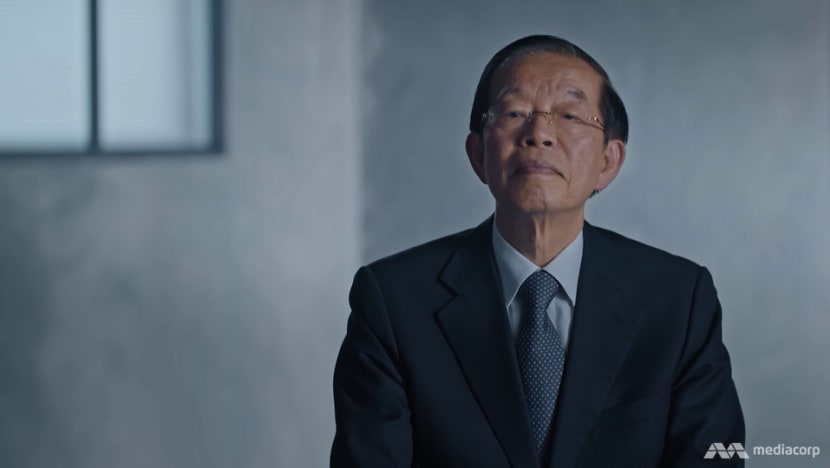
“All criminals have emotional weaknesses. We can use their vulnerability in the negotiation process. For Chen, it was his love for his wife and sons,” he says.
“I told him that if he kept killing people, his sons wouldn’t be able to hold their heads up in society. Secondly, his victims were other people’s children too. It seems he hadn’t thought about it this way before.”
Chen asked about the consequences of surrendering, and the lawyer thinks his honesty won the man’s trust. “When I told him that he’d most certainly be sentenced to death, he knew I was telling the truth,” says Hsieh.
He told Chen to surrender one of his guns and let one of the hostages go “as a show of faith”. At 4.30pm, Christine was released.
DENOUEMENT
When Chen finally felt that he had accomplished what he set out to do — ensure that his wife’s problem would be taken care of — he released Anne, handed his remaining pistol to Hou and allowed himself to be handcuffed.
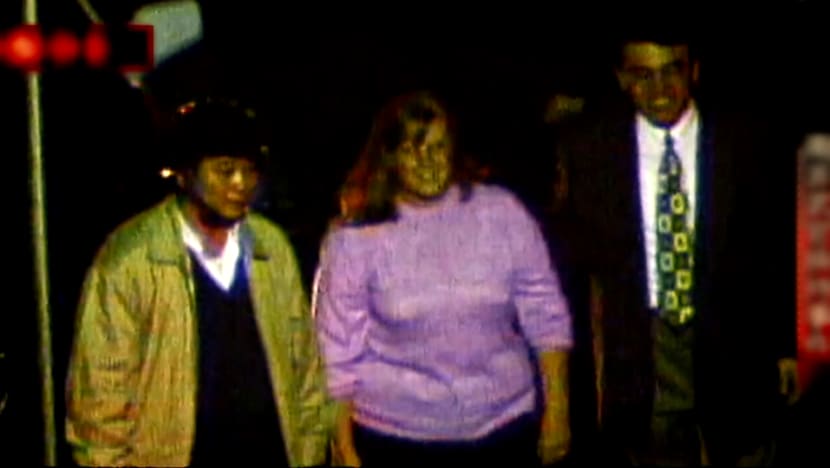
It was 7.50pm, and McGill was watching the television from his hospital bed.
“As Anne came out of the house, she looked at the people outside and she just smiled … And I just shouted, ‘There's Anne! There's Anne!’ And the tears were just running down my face,” he recounts
“Then I felt relief. That was the first time the tension just left me. It sort of drained out of me, and I fell back on the bed. And I felt it was over now.”
He and Melanie made full recoveries.
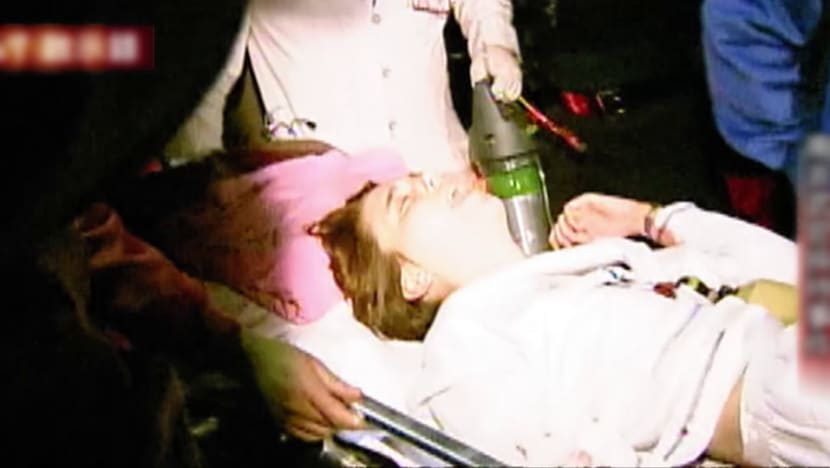
While the crisis had been resolved, the way everything went was just as Chen had planned, thinks Yang. “What I can say is that the Taiwanese police gained more negotiation experience from this case,” she adds.
That same year, Hou established Taiwan’s’ first anti-kidnapping force. It focused on the use of negotiation tactics over the use of force.
There was just one promise left to keep, and Hsieh did. “Some people thought (Chen) was the devil and that his wife was his accomplice. People called me the devil’s lawyer,” he acknowledges.
“Even if all of society saw his wife as a villain, a lawyer’s responsibility is to make sure that the defendant is not sentenced by biased popular opinion.”
On Sept 23, 1999, Chang’s sentence was finalised: Nine months, for helping her husband to elude arrest, instead of 12 years previously.
Two weeks later, on Oct 6 at 9.33pm, Chen was executed by firing squad.
Watch this episode of The Negotiators here.
